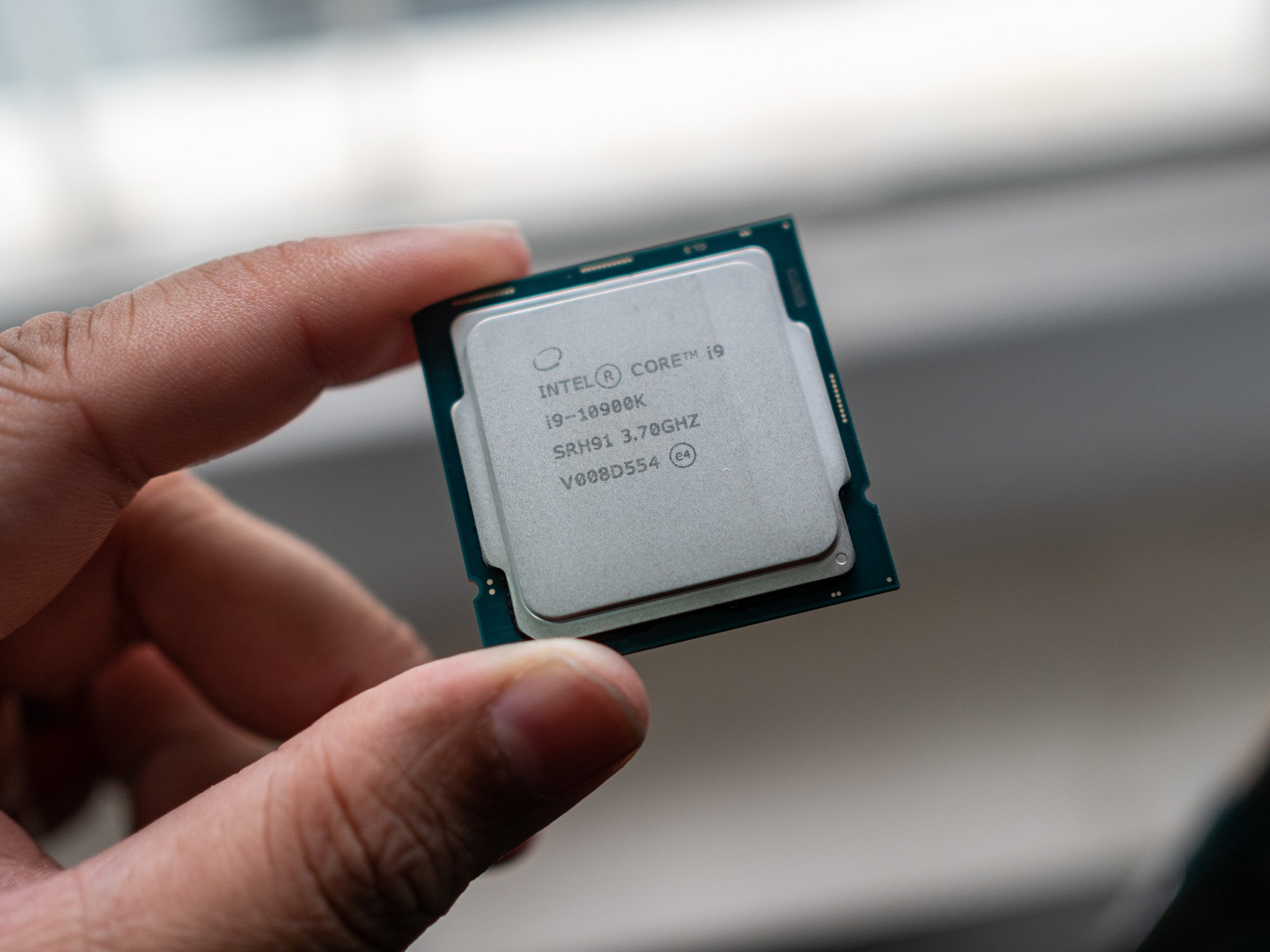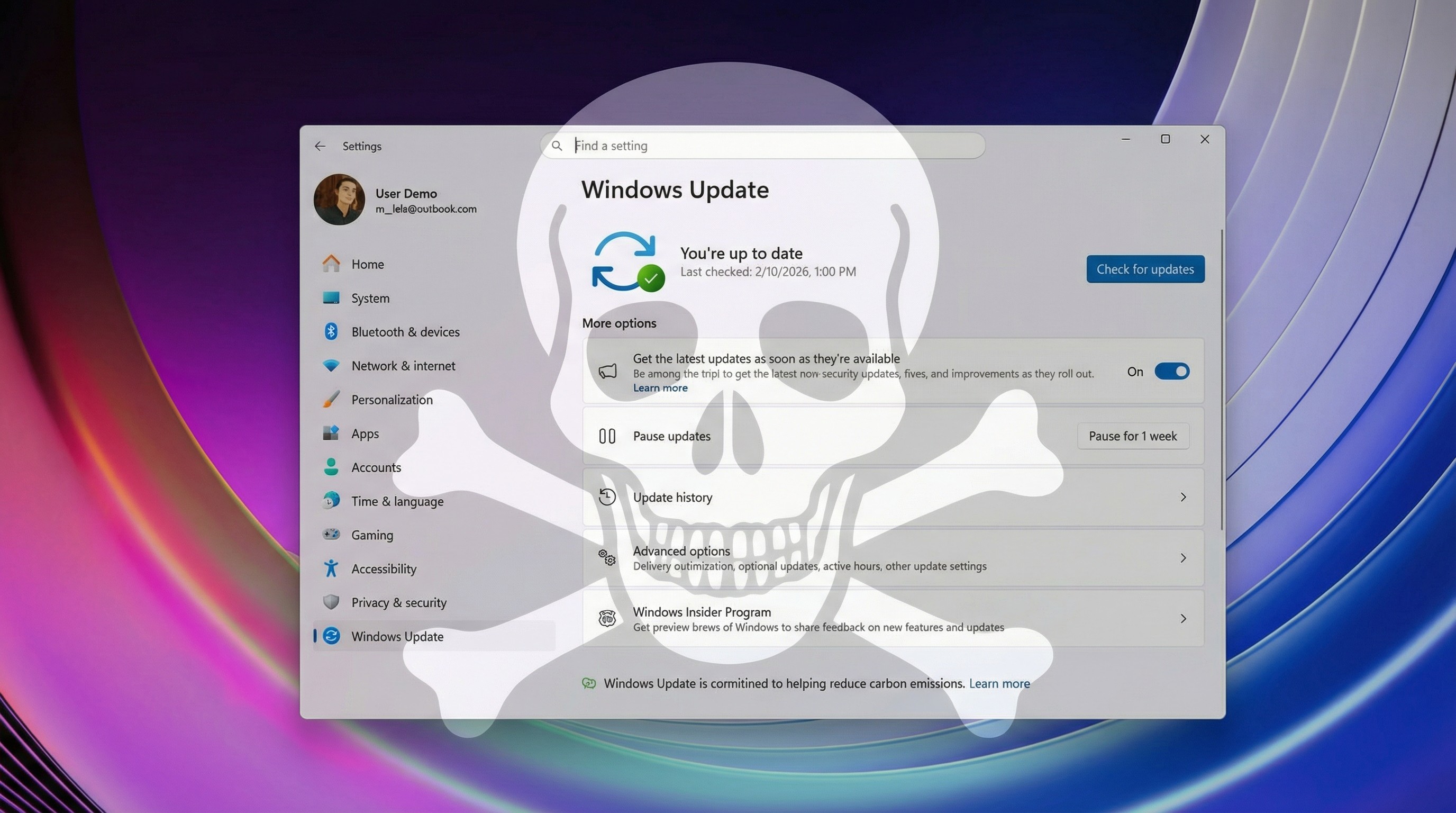Intel wins U.S. Department of Defense foundry ecosystem development project
Intel's ramping up momentum.

All the latest news, reviews, and guides for Windows and Xbox diehards.
You are now subscribed
Your newsletter sign-up was successful
What you need to know
- Intel has won a project from the U.S. DoD.
- The project tasks Intel with providing commercial foundry services.
- This is the latest move by the company to enhance its foundry presence.
Intel has won a part in a U.S. government project dedicated to developing domestic commercial foundry activity and infrastructure. The U.S. Department of Defense (DoD) awarded Intel with the duty of providing foundry services for the first part of its Rapid Assured Microelectronics Prototypes - Commercial (RAMP-C) program. The program exists to ensure that the U.S.'s commercial foundries are developing the goods necessary for the DoD's systems to remain in peak shape.
In the press release announcing Intel's win, the company's CEO, Pat Gelsinger, has a statement that references the semiconductor shortage troubling the world right now, as well as how excited the company is to have its Intel Foundry Services serve the U.S. government as a partner.
The project will entail Intel working with fellow companies such as IBM to ensure the U.S. government's needs are met in the IC (integrated circuit) sector. Randhir Thakur, Intel Foundry Services president, is quoted as saying the following within the press release:
The RAMP-C program will enable both commercial foundry customers and the Department of Defense to take advantage of Intel's significant investments in leading-edge process technologies. Along with our customers and ecosystem partners, including IBM, Cadence, Synopsys and others, we will help bolster the domestic semiconductor supply chain and ensure the United States maintains leadership in both R&D and advanced manufacturing. We look forward to a long-term collaboration with the U.S. government as we deliver RAMP-C program milestones.
This is one of many big moves Intel has made to establish itself as the key to the semiconducting future of the United States. It's also investing $20 billion in new factories, announced it's going all-in on GPUs, and has big chip plans that extend through 2025.
All the latest news, reviews, and guides for Windows and Xbox diehards.

Robert Carnevale was formerly a News Editor for Windows Central. He's a big fan of Kinect (it lives on in his heart), Sonic the Hedgehog, and the legendary intersection of those two titans, Sonic Free Riders. He is the author of Cold War 2395.
